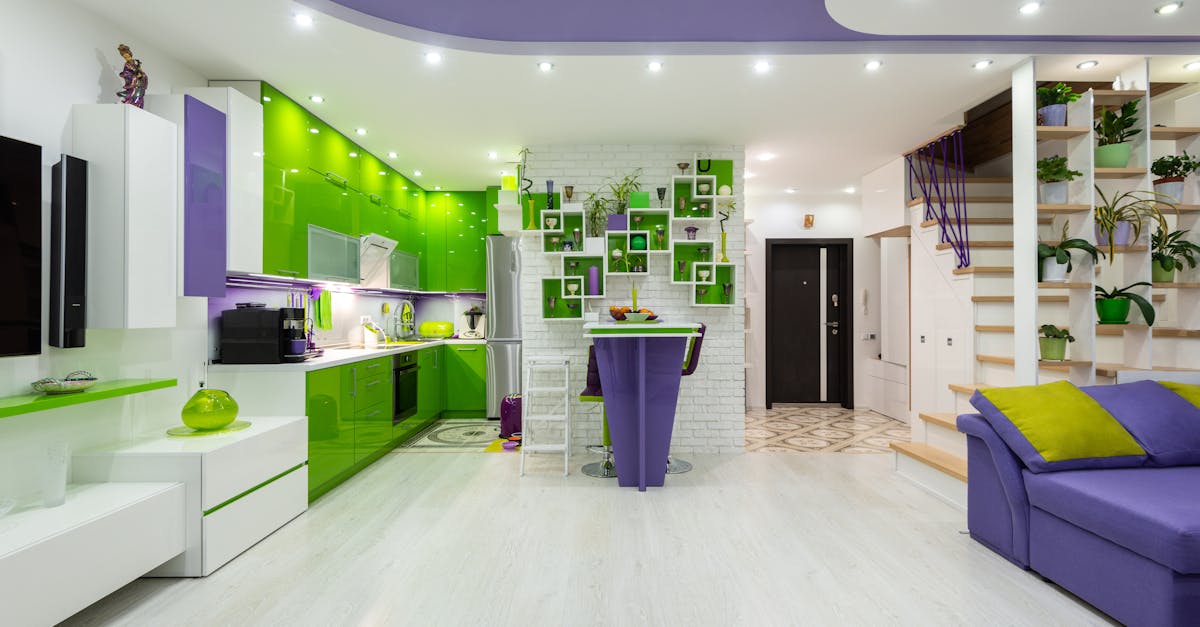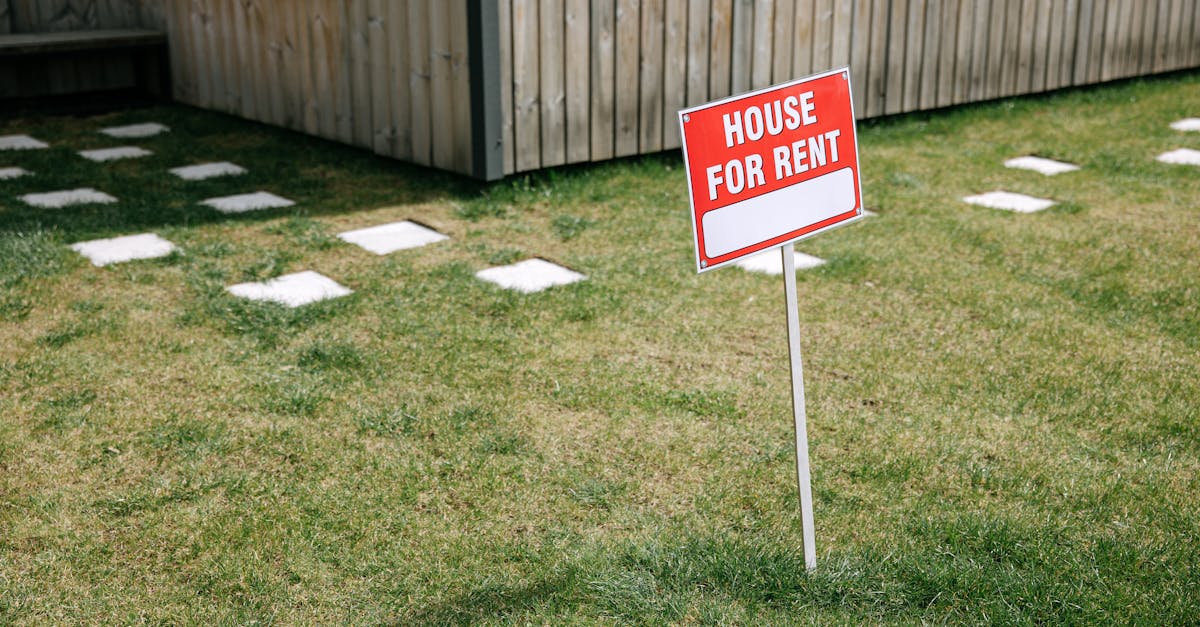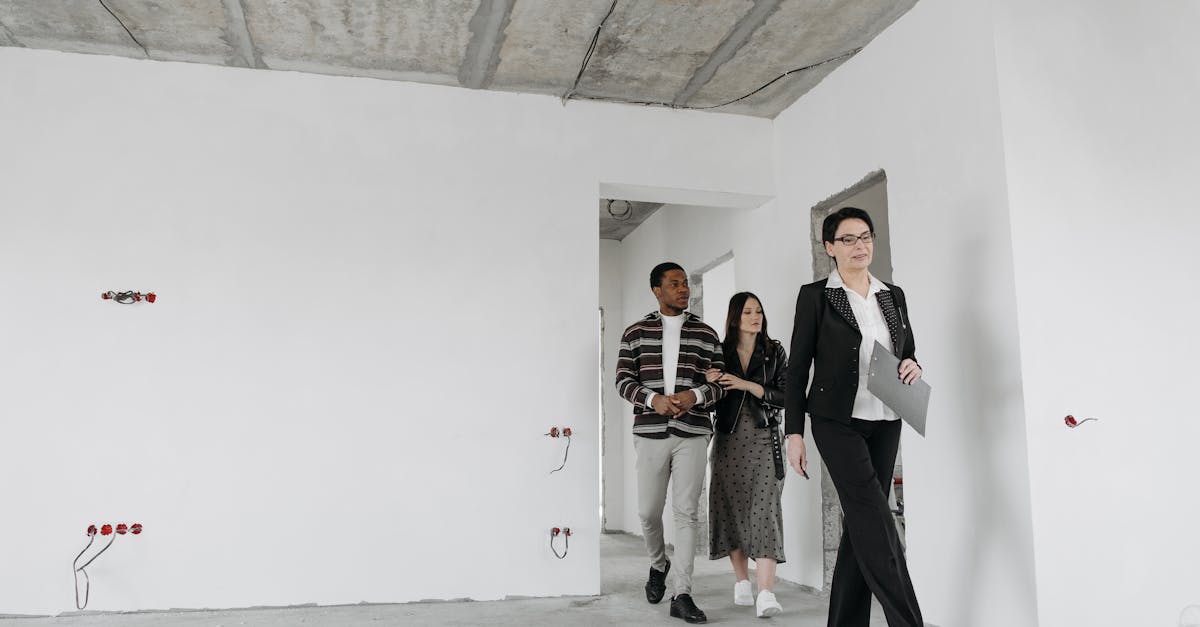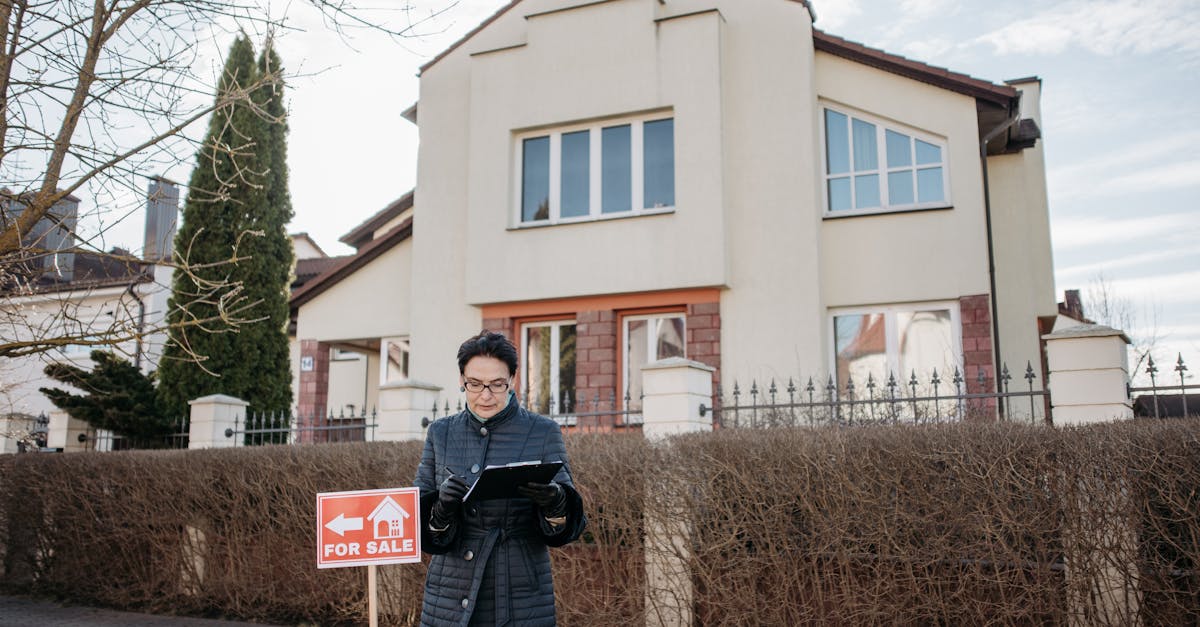Pros and Cons of Buying New Construction Homes
Introduction
Purchasing a new construction home promises a fresh start and customization opportunities, making it a tempting option for prospective homebuyers. Unlike older dwellings, new homes boast the latest technology, modern designs, and energy-efficient features. With changing buyer priorities, new builds are gaining popularity for their perceived low maintenance and up-to-date amenities. Despite these attractions, it's crucial to weigh the pros and cons before committing to a new home. Understanding the potential challenges alongside the benefits can guide you to make an informed decision. This article explores the allure and potential pitfalls of buying a new construction home.
Advertisement
Cutting-edge Design and Amenities
New construction homes are celebrated for their contemporary design and state-of-the-art amenities. Buyers can enjoy open floor plans, high ceilings, and ample natural light, characteristics that many older homes lack. Builders often include smart home technology, such as programmable thermostats and advanced security systems, as standard features. Additionally, new homes are typically constructed to suit modern lifestyles, with spacious kitchens, energy-efficient appliances, and luxurious bathrooms. These features often contribute to a higher resale value, making new builds an attractive investment for the future.

Max Vakhtbovycn/Pexels
Advertisement
Energy Efficiency
One of the significant advantages of new construction homes is their focus on energy efficiency. Builders today prioritize constructing homes that minimize energy consumption, integrating sustainable materials and technologies. Advanced insulation, double-pane windows, and energy-efficient heating and cooling systems are standard in modern homes. This focus not only reduces the environmental impact but also results in lower utility bills for homeowners. Furthermore, many new homes are built to meet or exceed Energy Star standards, ensuring that buyers are investing in a home that helps protect the environment.
Advertisement
Minimal Repairs and Maintenance
For many prospective homebuyers, the lower maintenance associated with new construction homes is a powerful draw. Everything is brand new—plumbing, electrical systems, roofing—meaning fewer repairs in the initial years of ownership. This can equate to peace of mind for buyers who lack the time or desire to deal with constant maintenance issues. Furthermore, new homes often come with a builder's warranty that covers potential problems for a set period, adding an extra layer of security. However, while maintenance is generally reduced, some unexpected issues may still arise, requiring attention.
Advertisement
Higher Initial Costs
Despite the myriad advantages, new construction homes often come with higher upfront costs than older homes. Buyers typically pay a premium for the latest design and technologies, which can inflate the purchase price. As these homes are also often located in newer, developing neighborhoods, properties may include additional costs like Homeowners Association (HOA) fees. Furthermore, while initial maintenance might be lower, new homes in these communities might experience unexpected expenses, such as landscaping or community amenities, adding to the overall cost of ownership.
Advertisement
Limited Negotiation on Price
Negotiating the price of a new construction home can be more challenging than with a resale home. Builders typically set prices based on a neighborhood's average costs and market demand, leaving little room for negotiation. Unlike individual home sellers who might be open to compromise, builders must maintain profit margins and adhere to set pricing structures. This often results in a more standardized purchasing process. However, builders might offer upgrades or closing cost assistance as incentives, which can provide slight financial relief without lowering the home's price.
Advertisement
Potential Construction Delays
Another factor to consider is the potential for construction delays, which can postpone your move-in date. Various factors, including weather interruptions, supply chain issues, or unforeseen construction challenges, can all contribute to delays. Such setbacks can be frustrating for buyers, especially those on tight deadlines for moving. It's wise to have a backup plan or allow flexible living arrangements during this transitional period. Communicating and setting clear expectations with the builder can help mitigate some of these uncertainties.
Advertisement
New Neighborhoods and Communities
Purchasing a new construction home often means moving into a newly developed community. While this offers the allure of fresh, modern infrastructure, it can also mean living in a partially developed area. Parks, schools, and retail facilities might take time to develop, leaving some communities feeling isolated initially. However, living in a new area offers the chance to shape an emerging neighborhood culture and make lasting community connections. Buyers should research neighborhood plans and growth projections before finalizing their purchase to ensure alignment with their lifestyle preferences.
Advertisement
Conclusion
Investing in a new construction home comes with both enticing benefits and potential drawbacks. While buyers are sure to enjoy design innovation, energy efficiency, and lower maintenance, they must also contend with potential construction delays and higher upfront costs. Understanding the landscape of new developments, potential costs, and community growth is essential in making an informed decision. As with any major investment, prospective buyers should weigh these factors carefully before committing. Ultimately, the choice between a new build and a resale home rests on individual priorities and lifestyle requirements.
Advertisement


